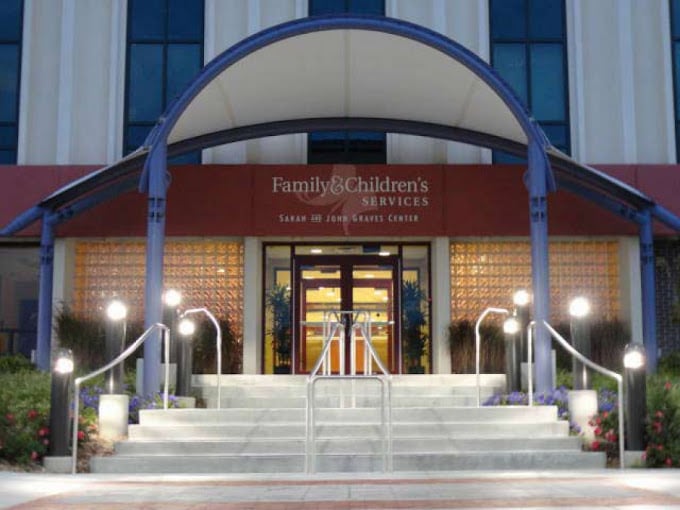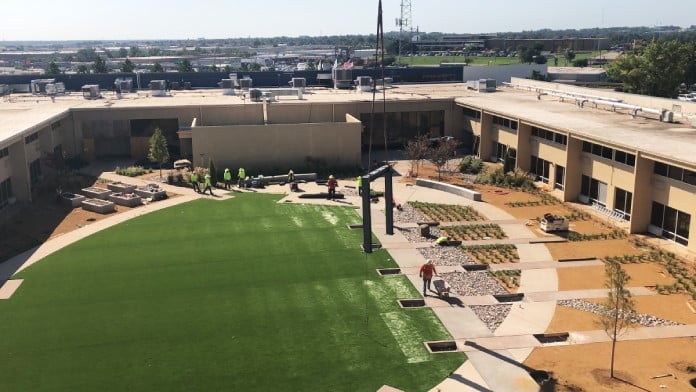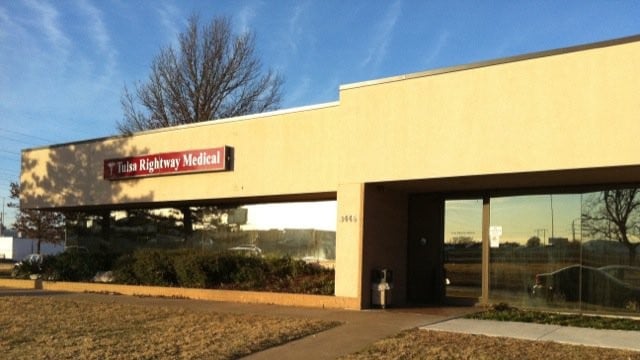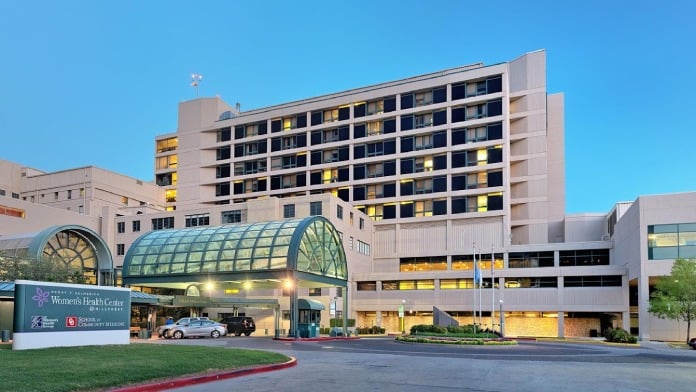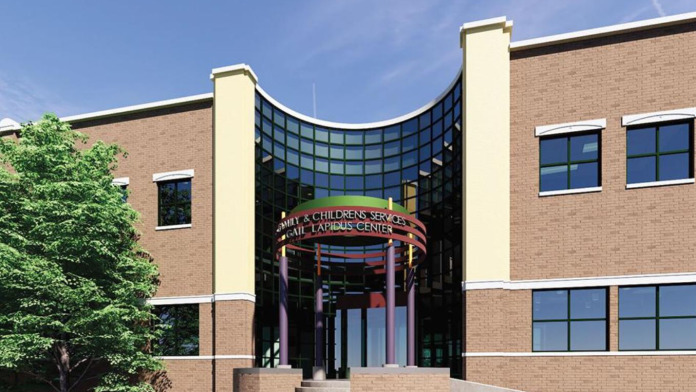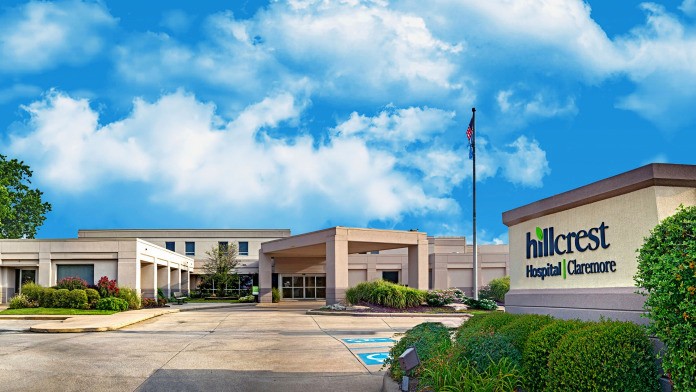Laureate needs to catch up to newer technology. Tulsans need and deserve real choice when it comes to mental health care. Many cannot go to other facilities thanks to a monopoly on acceptance of insurance. People should ALWAYS have a choice. Health and real help are NEVE ...
About Laureate Psychiatric Clinic and Hospital
Laureate Psychiatric Clinic and Hospital offers a full spectrum of behavioral health services for residents of Tulsa in Oklahoma. They offer psychiatric care, substance use treatment and even help with eating disorders. You can receive a continuum of care in this clinic to completely address your substance use issues. Their program fosters hope and healing among adults and adolescents struggling with substance use disorders.
They offer inpatient residential care, including medically supervised withdrawal and inpatient care in a highly structured environment. Medical detox lets your body rid itself of drugs or alcohol toxins while managing the symptoms of withdrawal.
Skilled Care Team
You’ll be under the care of physicians, nurses and case managers during the procedure. These experts will monitor your progress and provide support and encouragement as you navigate this stage of recovery. They may offer FDA approved meds and counseling to help you better manage symptoms and ensure withdrawal is safe and painless. The procedure may take from one to a little over five days.
Targeted, Personalized Care
Once you achieve stability, you’ll work with the care team to create a personalized care plan that guides your inpatient treatment. During inpatient recovery, you’ll be equipped with tools to deal with trauma, conflict and emotional issues fueling your addiction. You’ll also build new habits, learn healthy ways to handle stress and avoid hasty decisions. This is all achieved by actively attending group therapy sessions, individual counseling and AA/NA 12-step meetings. Most people transition to the intensive outpatient program or IOP upon graduating from this high inpatient care.
Intensive Outpatient Program
IOP can help you achieve lasting recovery. It involves 12 hours per week of group sessions alongside
individual counselor and family-focused sessions. This program also serves people with moderate substance use who may not need inpatient care.
The therapy sessions and educational classes help you understand addiction better and tackle patterns of behavior, attitudes or lifestyle choices that may impede recovery. The great thing about IOP is that treatment is designed to fit your schedule and include evening sessions. This ensures you will maintain your work and everyday routine while receiving care. The facility may offer ongoing support as you move forward in your recovery journey.
Facility Overview
Latest Reviews
Rehab Score
Gallery

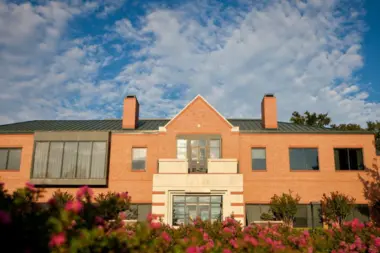
Accepted Insurance
Other Forms of Payment
Private insurance refers to any kind of healthcare coverage that isn't from the state or federal government. This includes individual and family plans offered by an employer or purchased from the Insurance Marketplace. Every plan will have different requirements and out of pocket costs so be sure to get the full details before you start treatment.
Self-pay involves paying for treatment out of your own pocket. You can use savings or credit, get a personal loan, or receive help from family and friends to fund your treatment. If you don't have insurance or your insurance plan doesn't cover a specific program, self-pay can help ensure you still get the care you need.
Medicare is a federal program that provides health insurance for those 65 and older. It also serves people under 65 with chronic and disabling health challenges. To use Medicare for addiction treatment you need to find a program that accepts Medicare and is in network with your plan. Out of pocket costs and preauthorization requirements vary, so always check with your provider.
Medicaid is a state based program that helps lower-income individuals and families pay for healthcare. Medicaid covers addiction treatment so those enrolled can use their coverage to pay for rehab. When a program accepts Medicaid the client often pays very little or nothing out of their own pocket.
Addiction Treatments
Levels of Care
Outpatient Programs (OP) are for those seeking mental rehab or drug rehab, but who also stay at home every night. The main difference between outpatient treatment (OP) and intensive outpatient treatment (IOP) lies in the amount of hours the patient spends at the facility. Most of the time an outpatient program is designed for someone who has completed an inpatient stay and is looking to continue their growth in recovery. Outpatient is not meant to be the starting point, it is commonly referred to as aftercare.
The intensive outpatient treatment (IOP) program at Laureate Psychiatric Clinic and Hospital in Tulsa helps adults and adolescents find freedom from chemical dependency and make permanent changes for a healthier and happier life. Their program is often used as a first level of intervention or for those who are stepping down from acute inpatient substance abuse care. Using individual-, group- and family-focused therapies, our dedicated care team helps patients understand their addiction and address lifestyle choices, attitudes and behaviors that can undermine a life without mind-altering chemicals. Outpatient care is comprised of 12 hours of treatment per week and is available in the morning, afternoon or evening so patients can receive treatment with little interruption to work or family responsibilities.
Once an adult patient has completed the intensive eating disorder program successfully, she has the option of entering Magnolia House, an on-campus transitional living facility. Magnolia House is designed for women who are ready to live independently but want to retain the support of a treatment community as they practice life skills and grow in recovery. During the day, Magnolia House residents work, attend school or volunteer in the community. Each evening, residents participate in therapeutic meals with the Magnolia House case manager or therapist, followed by on-site support group meetings. Residents also plan and participate in weekly meal outings and meal preparation.
At certain points in the recovery process, it's important to have support available 24/7. 24-hour clinical care offers a safe environment in which to recover from drug or alcohol addiction in peace, knowing medical detox and other treatment will happen with professionals on hand.
Inpatient rehabs provide extra support for clients in early recovery and those at a high risk of relapse. They allow clients to focus on their sobriety safe from outside distractions, stressors, and addiction triggers. Clients reside at the treatment center for the length of their program, where they receive extensive addiction counseling, including individual, group, and family therapy. Many programs also offer robust life skills training and holistic therapies, such as meditation.
Treatments
Many of those suffering from addiction also suffer from mental or emotional illnesses like schizophrenia, bipolar disorder, depression, or anxiety disorders. Rehab and other substance abuse facilities treating those with a dual diagnosis or co-occurring disorder administer psychiatric treatment to address the person's mental health issue in addition to drug and alcohol rehabilitation.
A combined mental health and substance abuse rehab has the staff and resources available to handle individuals with both mental health and substance abuse issues. It can be challenging to determine where a specific symptom stems from (a mental health issue or an issue related to substance abuse), so mental health and substance abuse professionals are helpful in detangling symptoms and keeping treatment on track.
People with alcoholism (also known as alcohol dependence or alcohol use disorder) do not have reliable control of their alcohol use. They experience withdrawal symptoms if drinking suddenly stops. Due to these symptoms, medical detox is often best for those who seek treatment for alcohol addiction. Once this supervised process is complete, alcohol rehab in Oklahoma can provide further treatment and follow-up for recovery.
To address the issues of addiction, each drug rehab in Oklahoma is tailored to meet the individual's needs. Treatment may occur in a residential or outpatient setting, and may last from a few days to several months.
Programs
Adult rehab programs include therapies tailored to each client's specific needs, goals, and recovery progress. They are tailored to the specific challenges adult clients may face, including family and work pressures and commitments. From inpatient and residential treatment to various levels of outpatient services, there are many options available. Some facilities also help adults work through co-occurring conditions, like anxiety, that can accompany addiction.
Young adulthood can be an exciting, yet difficult, time of transition. Individuals in their late teens to mid-20s face unique stressors related to school, jobs, families, and social circles, which can lead to a rise in substance use. Rehab centers with dedicated young adult programs will include activities and amenities that cater to this age group, with an emphasis on specialized counseling, peer socialization, and ongoing aftercare.
The providers who specialize in the children's rehab space understand the specialized needs that this population faces. School-based and social services such as tutoring and family counseling are often central to treatment. Child programs may also address the needs of youth experiencing substance abuse in the home, including a parent's or sibling's addiction.
Clinical Services
Group therapy is any therapeutic work that happens in a group (not one-on-one). There are a number of different group therapy modalities, including support groups, experiential therapy, psycho-education, and more. Group therapy involves treatment as well as processing interaction between group members.
In individual therapy, a patient meets one-on-one with a trained psychologist or counselor. Therapy is a pivotal part of effective substance abuse treatment, as it often covers root causes of addiction, including challenges faced by the patient in their social, family, and work/school life.
Research clearly demonstrates that recovery is far more successful and sustainable when loved ones like family members participate in rehab and substance abuse treatment. Genetic factors may be at play when it comes to drug and alcohol addiction, as well as mental health issues. Family dynamics often play a critical role in addiction triggers, and if properly educated, family members can be a strong source of support when it comes to rehabilitation.
If you participate in cognitive behavioral therapy in Oklahoma, you can expect to attend somewhere between five and 20 sessions. This short term method is an effective way to learn healthy coping strategies that help you change your thinking and behavior patterns.
Addiction treatment in Oklahoma may include dialectical behavior therapy. This evidence based approach teaches you how to improve relationships, manage your emotions, and learn healthy ways to deal with stress. Treatment includes one on one sessions with a therapist and group skills application sessions.
Amenities
-
Residential Setting
-
Private Rooms
Staff & Accreditations
Staff

Scott Moseman, MD, CEDS-S
Medical Director

Stevi Harper, LPC, LADC
Manager of Clinical Services
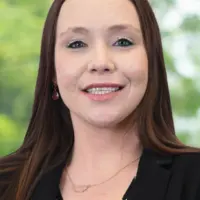
Marisa McJilton, RN
Nurse Manager
Accreditations

The Joint Commission, formerly known as JCAHO, is a nonprofit organization that accredits rehab organizations and programs. Founded in 1951, the Joint Commision's mission is to improve the quality of patient care and demonstrating the quality of patient care.
Joint Commission Accreditation: Yes
Contact Information
6655 South Yale Avenue
Tulsa, OK 74136
